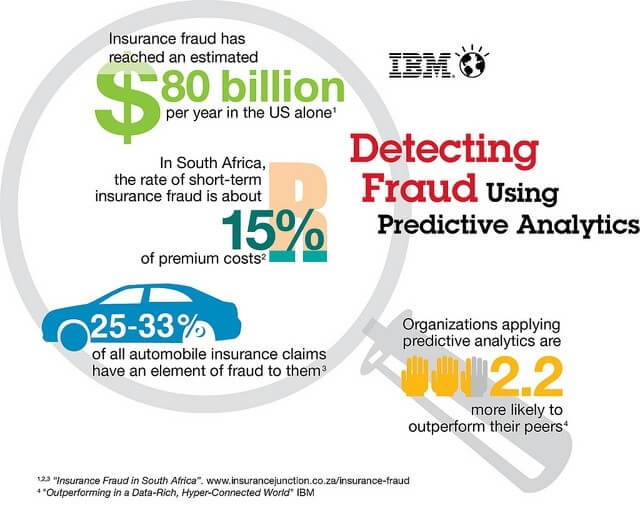The real estate industry has long functioned on traditional methods and gut feelings to pave its road to success. Historically, it is not an industry that feels an urgent need to adopt newer technologies. The pandemic has significantly changed this.
Numerous questions arose from the onslaught of COVID-19. Is the change in consumer behavior temporary or permanent? Should housing developments halt or continue? As time has passed, the shifts caused by the virus appeared to be more of a permanent fixture than an interruption.

With so many variables that simple predictions cannot address, the real estate sector needs, now more than ever, to adopt technologies that will make it easier to analyze the market and make beneficial decisions moving forward.
Big Data in Real Estate
Big data is not top of mind when considering innovations in the housing sector. The buzzword is often associated with the tech industry and can seem like the furthest thing from a relevant and urgent improvement in real estate. In truth, it has much to offer.
The term “big data” is not the same as the traditional data used in real estate. While information such as home prices, locations, and lot areas are typically given, big data goes further by examining resident preferences on home layouts, noise pollution in neighborhoods, and the like. Big data enables development companies, agencies, and mortgage lenders to get forecasts and better understand their market.
Understanding Consumer Behavior
Social media is the most popular place to gain insights into consumer behavior. Here, you can find nuanced sentiments and inclinations, especially during a volatile time such as a worldwide pandemic.
When utilized in real estate, companies can ably package their offerings to provide the proper solutions and products for specific markets. Behavioral insights allow real estate stakeholders to grasp the preferences better and buying power of consumers.
Improving Customer Experience
Because big data allows for better consumer understanding, it also allows for a clearer action plan to improve their real estate purchasing experience. Pay attention to customer service interactions and feedback to glean what requires repair or change in the communication area. By improving contact channels, you save your customers precious time and help your employees accomplish their work more efficiently.
Smart utilization of big data makes your targeted marketing practices more effective. By analyzing engagement rates for online ads and marketing materials, you see which practices are translating to sales and which are not. Noting location information also improves promotional campaign planning.
Marketing and Selling Homes
Agents often rely on their knowledge of the neighborhood and comparisons among traditionally gathered data to determine homes’ prices. This remains an important skill to have, but pricing hurdles often come up in homes with unique amenities, namely luxury homes with custom-built features. Big data and artificial intelligence can step in to simplify this process.
Machine learning has made it possible to create home estimates by gathering a wide assortment of relevant information. Aside from property features, these can also take nearby hotspots, public transport, and access to main roads. Real estate marketplace Zillow’s Zestimate feature has even been trained to examine photos that will identify features that determine the price of a home.
Instead of replacing an agent’s pricing decisions, agents can use artificial intelligence to determine asking prices and features to highlight to potential buyers.
Streamlining Tenant Screening
Tenant selection is a tedious process, but tenants’ choice could make or break a person’s rental property investments. Landlords can make good use of big data for their easier tenant screening and selection.
Rental investors can even maximize this by employing the assistance of property managers and using artificial intelligence. Combining the two will help determine whether a potential tenant is an ideal fit for the property at a better pace.
Big data can also help determine the kinds of tenant candidates you can expect to have in the future. Having access to consumer behavior forecasts allows landlords to sell their rental properties to specific target markets.
Final Thoughts
To remain competitive in a post-pandemic world, the real estate industry needs to adopt technologies that will speed up processes rapidly. Incorporating big data analytics enables real estate businesses to gain accurate information about consumers that will dictate their marketing and operational approach for the future.
Big data is a necessary investment for an increasingly digital landscape. Combining its advantages with solid manpower means resilience and success for a real estate company for years to come.




Leave a Comment